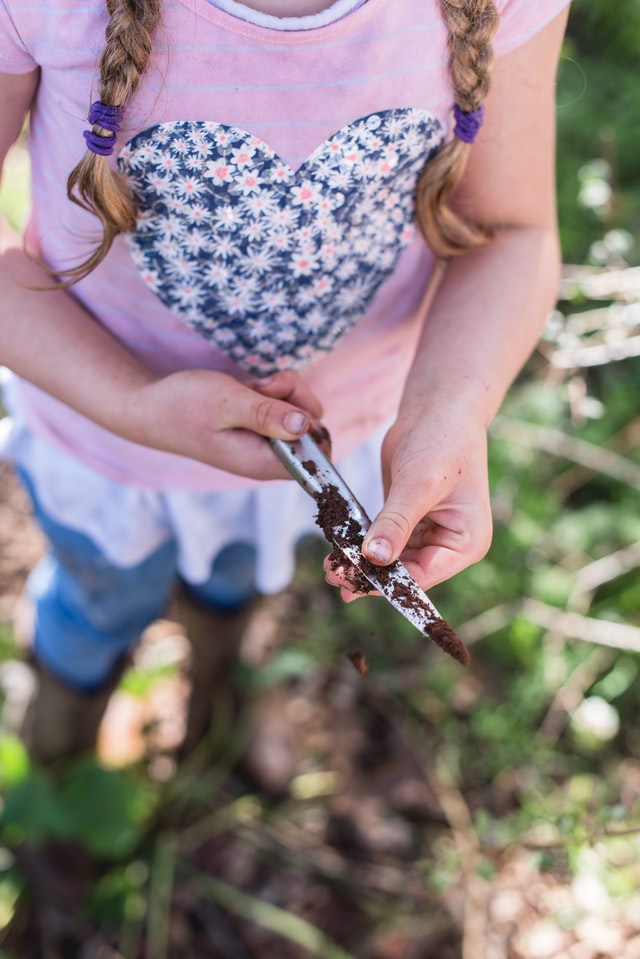Young children are vulnerable. They develop resilience when their physical and psychological well-being is protected by adults.

Children develop resilience by being given opportunities to overcome difficulties. Many children require the adults help to develop this important skill. Children demonstrate different levels of resilience and this can be affected by many factors. The stability of the home life and relationships with those around them are really important. Children need to feel emotionally secure. Children observe the behaviour of others and if they observe others giving up easily then they copy these behaviours. As children grow and develop they will learn how to regulate their emotions and this is a key underpinning skill for resilience. As an adult there is a fine balance between providing children with experiences where they can take risks, alongside keeping them safe.

Stop and Reflect:
Use this principles into practice card to reflect on the statements below
Use the effective practice section to think about your own practice and identify areas you could improve
Use the reflecting on practice section to think about how each child’s development can be supported through their experiences
Use the challenges and dilemmas section and think about how you might overcome them. https://1drv.ms/b/s!App0hvSdYs8rgdZGSm0cQQhDBq2W-Q?e=6aC2rI
Watch this video and think about the benefits and challenges of risky play.
How does allowing children to take risks support them in understanding safety?
Can children be overprotected?
Why might adults not allow children to take risks?






